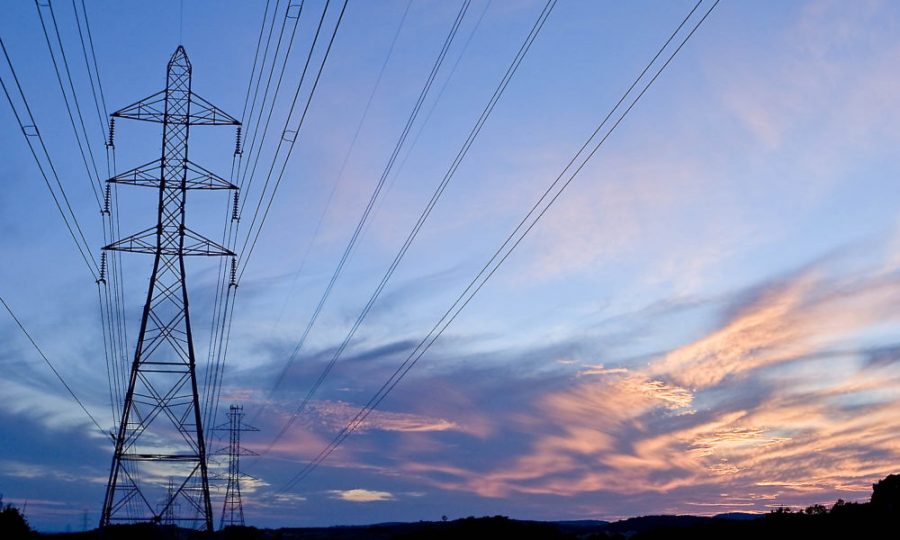KATHMANDU: Nepal and Bangladesh are holding energy secretary-level talks in Kathmandu Today.
The bilateral talk will be expediting the work on mutual cooperation for promotion of hydropower-related issues including joint investment, cooperation and energy trade. Madhu Prasad Bhetuwal, joint-secretary of the Ministry of Energy, Water Resources and Irrigation (MoEWRI), said Thursday’s meeting will approve the agendas that will be discussed at the joint-secretary level meeting to be held on Wednesday.
According to MoEWRI officials, the ministry will be forwarding a proposal to the Bangladeshi counterpart to construct 683 MW Sunkoshi-3 Hydropower Project in collaboration. Bangladesh expressed its interest to build Sunkoshi-3 in the energy meeting held last year. In this regard, a technical team from Bangladesh is also scheduled to visit the proposed project site on Tuesday.
The government has already prepared the Environmental Impact Assessment of Sunkoshi-3. The proposed project will spread across four districts – Ramechhap, Sindhuli, Sindhupalchowk and Kavrepalanchowk. With the construction of the storage project, around 4,224 hectares of land area alongside the Sunkoshi and Tamakoshi rivers will be inundated.
According to the feasibility study report, the project will cost an estimated Rs 159.72 billion. The project is scheduled to start construction in 2025 so as to be completed in 2031.
In a series of similar talks held earlier, both the countries had decided to move ahead with the construction of Nepal-Bangladesh Dedicated Transmission Line with the participation and consent of India as a long-term measure. The consent of India is mandatory as the construction of a transmission line between Nepal and Bangladesh would also involve Indian territory.
Nepal and Bangladesh signed an energy cooperation deal in 2018. Bangladesh is consistently showing interest to purchase electricity from Nepal. It has even proposed the government to buy 500 MW of electricity from the 900 MW Upper Karnali Hydropower Project.
Bangladesh has been thriving to increase energy supply as the country needs to produce 40,000 MW of electricity by 2030 and 60,000 MW by 2041 to become a middle-income country, according to statistics of the Bangladesh government. According to a media report, if Bangladesh is to increase its GDP by one percent, it will have to increase electricity generation by 1.5 percent.

